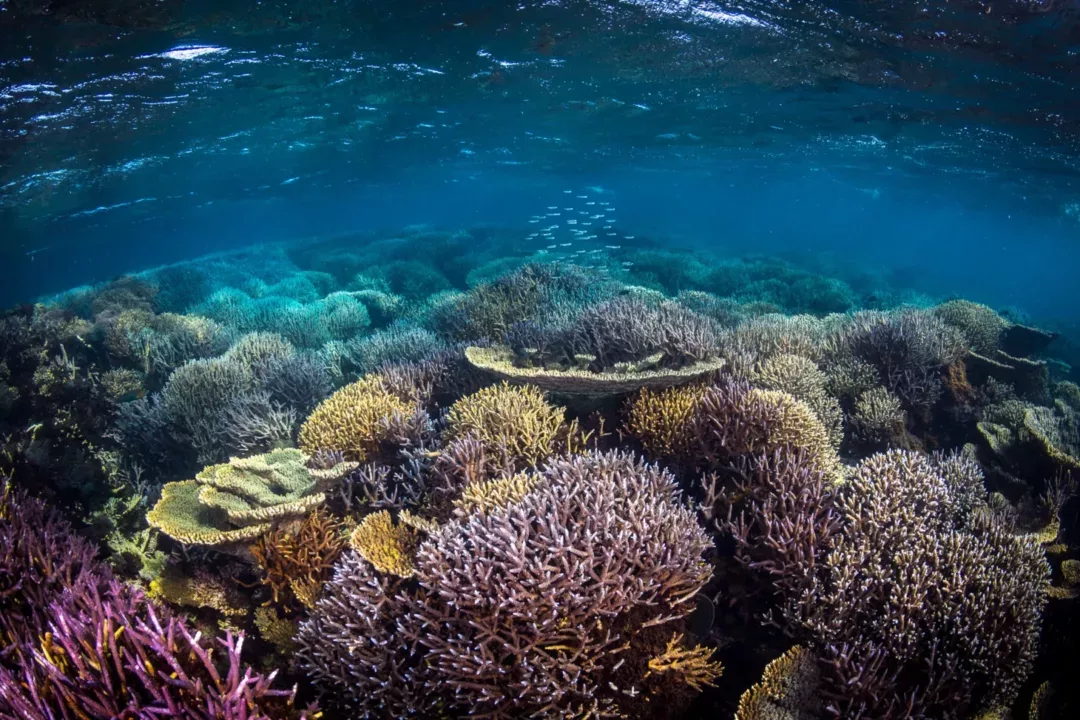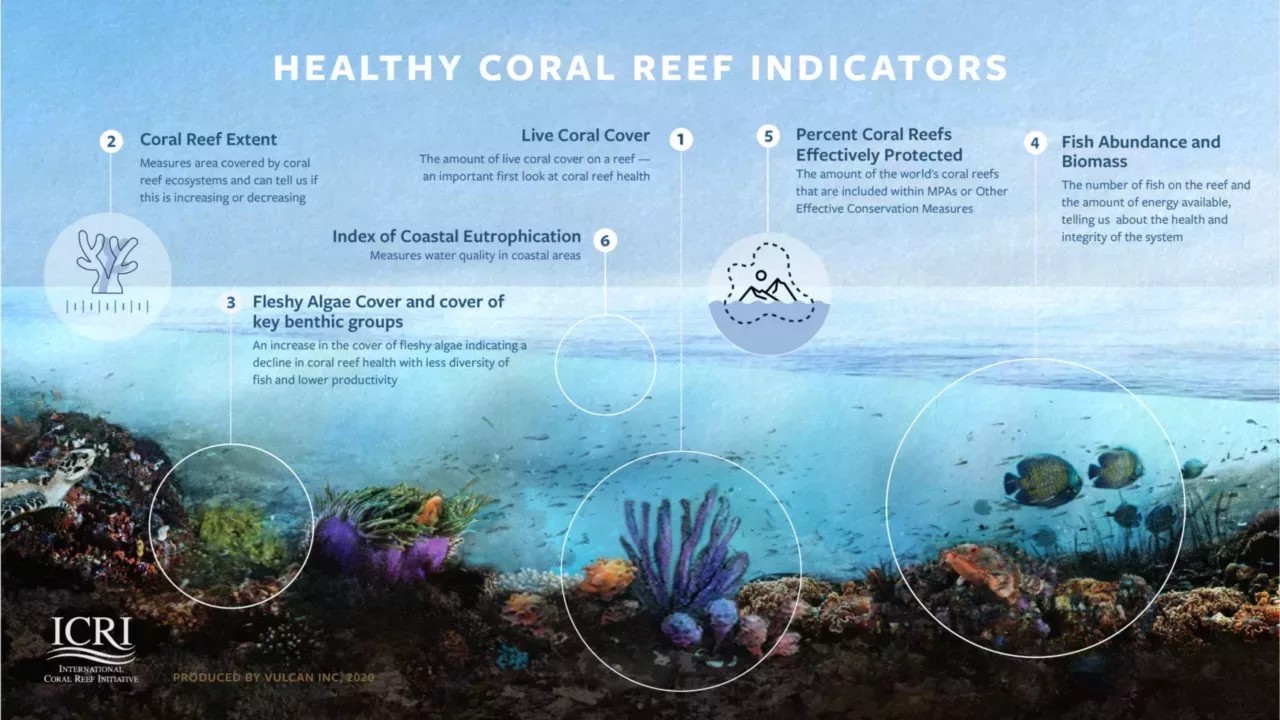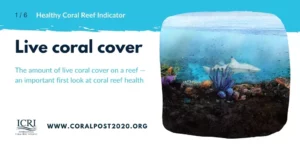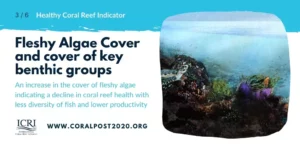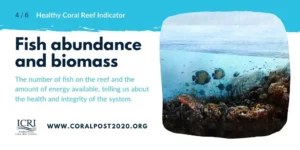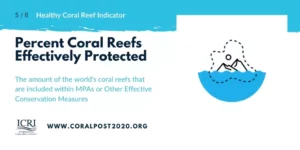The International Coral Reef Initiative (ICRI) is on a mission. Champions for planet Earth, the organization is devoted to safeguarding the world’s coral reefs, flagship ecosystems on which an estimated billion people depend for their food and livelihoods. ICRI’s strategic focus includes the Convention on Biological Diversity’s global targets for nature, which are expected to be adopted later this year in Kunming, China.
The urgency around this coral mission is undeniable. Our global coral reef ecosystems are threatened due to warming waters, over fishing, pollution, and habitat degradation. The Intergovernmental Panel on Climate Change projects up to 90 percent of our reefs will experience further decline with a 1.5 degree C increase in temperature. Further, the International Science-Policy Platform on Biodiversity and Ecosystem Services reported that almost half of the live coral cover on coral reefs has been lost since the 1870s, with accelerating losses in recent decades due to climate change exacerbating other drivers.
The regional breakdown for Caribbean, South East Asia and Indian Ocean paints the picture about the need to mitigate human pressures and safeguard reefs based on either economic, ecosystem services and cultural value.
The 5th Global Biodiversity Outlook reported that Aichi Target 10, a global target relating to safeguarding coral reefs that was due to be achieved by 2015, demonstrated the worst outcome of all the Aichi Global Biodiversity Targets – with declines in live coral cover, increase in pressures and no information about the function and integrity of coral reef ecosystems. But there were lessons learned during the decade-long Target that can be applied in an effort to protect the value of our reefs.
ICRI is asking world leaders to adopt a goal, target and indicators in Kunming that will incentivize global action to conserve coral reefs. CBD parties should agree to monitor, with standard metrics, the health, function and integrity of reefs – to make sure there is a way to track progress and hold countries accountable to achieve the new global targets. ICRI is asking CBD countries to support its scientifically proven, technically sound indicators as part of the new framework. These indicators, which are a key component of ICRI’s Recommendation, were adopted in 2020 by all 44 ICRI country members, which are custodians of 75 percent of the world’s coral reefs.
The CBD’s draft monitoring framework includes ICRI’s six recommended indicators, a critically important milestone on which to build momentum around prioritizing this flagship ecosystem. Their inclusion creates visibility, focus and prioritization of coral reefs in the implementation of the global framework and will increase capacity to assess coral reefs in the future.
During a recent session hosted by the CBD’s scientific and technical group, several participants emphasized that the monitoring framework should be strengthened with respect to the ocean, including the need to prioritize indicators for marine and coastal biodiversity. Despite continued decline and increased pressures, ICRI’s Recommendation, if adopted, will prompt governments, managers, planners and conservationists to take strong actions to preserve and restore this critically important ecosystem.
We must lean into the lessons learned from the attempts to implement the Aichi Targets – one being that late adoption of indicators affects implementation of the Target. Therefore, adoption of the indicators at the same time as the GBF will set a realistic monitoring foundation that can actually achieve even greater success than the original Aichi Target 10.
The coral mission, while traversing the global obstacle of the pandemic, is marching on with its mission to gain adoption of a full, robust monitoring framework as part of the CoP15 decision now scheduled to start October 11, 2021. There is not time to waste as we elevate the discussion and secure strong indicators. The scientific and technical group must not let up the charge as the team works to craft a strong monitoring framework for all new goals and targets within the GBF. We encourage CBD Parties to ensure that relevant goals, targets and indicators are adopted with the highly valued and vulnerable coral reef ecosystems in mind.
ICRI is on a mission that succeed. It is for the greater health of our oceans on which the health of our planet depends. If we save coral reefs, we save everything.